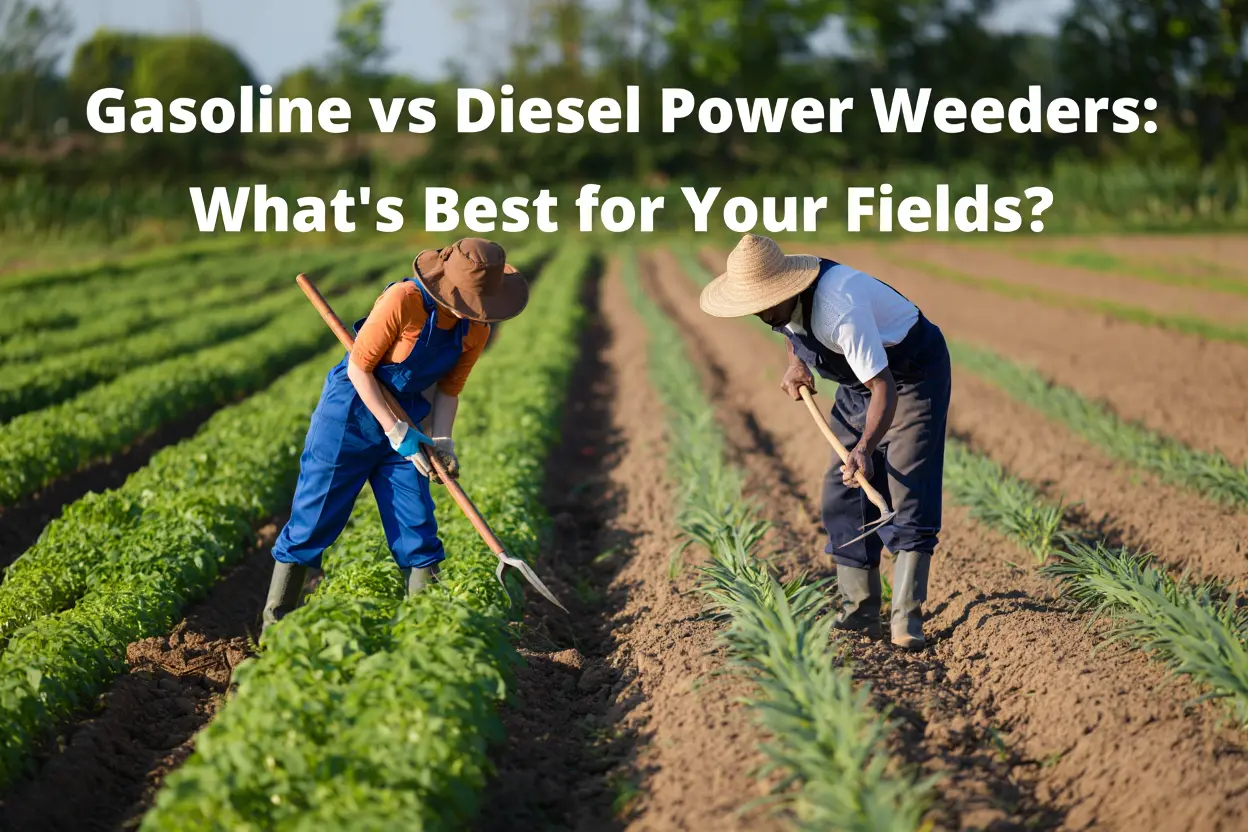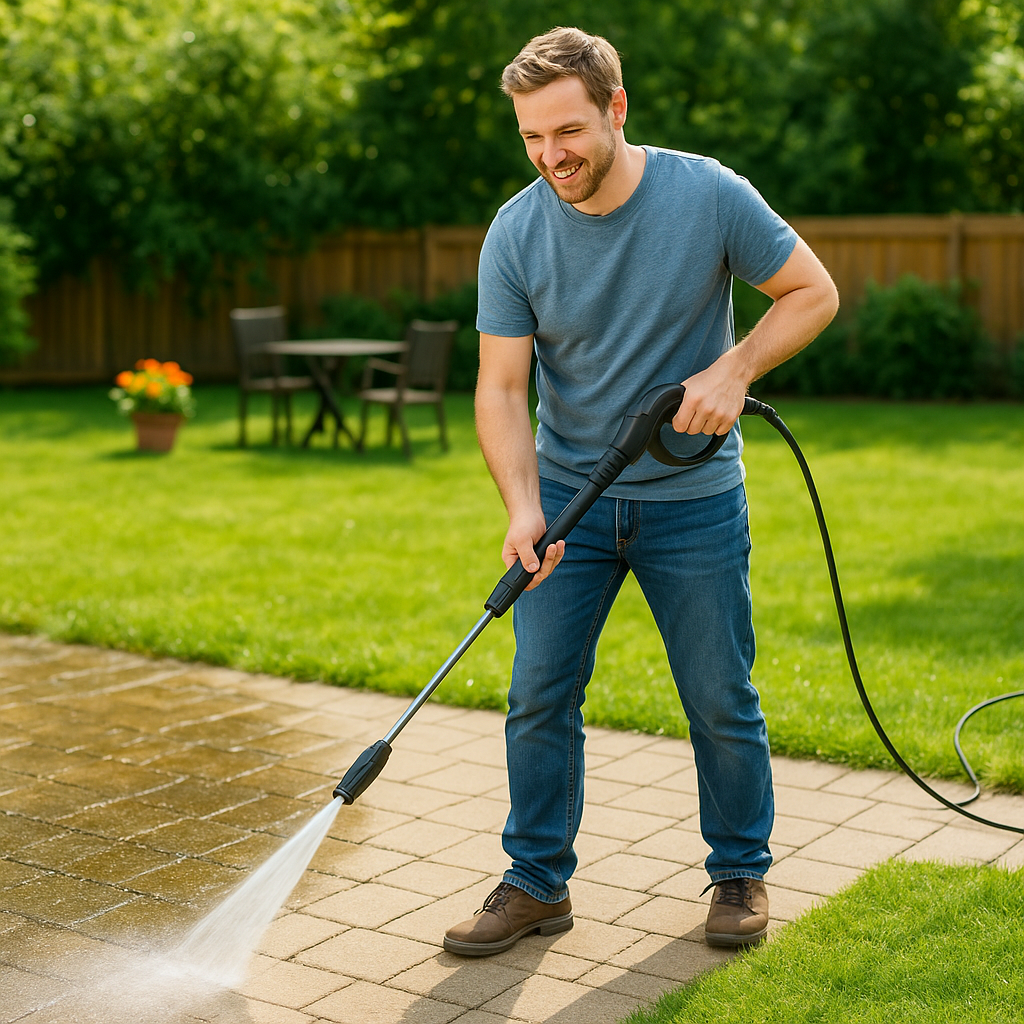
Choosing between a gasoline or diesel power weeder is a decision that goes beyond engine type—it’s about understanding your land, your crops, and how you work them. At Bonhoeffer, we know that what works in one region or crop cycle may not work in another. So instead of a one-size-fits-all answer, let’s break it down by the most important farming needs.
If You Prioritize Fuel Efficiency –
Go for Diesel
Diesel engines are built to work longer with less fuel. For farmers who run machines several hours a day or own more than 2 acres, diesel pays off over time. It burns slower and performs efficiently under load, making it a long-term economic choice.
Real-world use: In regions like Punjab (India), Southern Spain, and parts of Kenya, where farmers work broad fields daily, diesel weeders are a favorite.
If You Need Ease of Handling and Mobility –
Choose Gasoline
Gasoline weeder is lighter, more compact, and easier to maneuver—especially in tight beds, orchards, or uneven terrain. They’re ideal for smallholder farmers, hobby growers, or those working on sloped plots.
Real-world use: Terrace farms in Nepal, spice gardens in Kerala, or family farms in Guatemala benefit from the agility of gasoline-powered weeders.
If You Want High Power and Torque –
Diesel Wins
Need to cut through hard, dry, or clay-heavy soil? Diesel weeder has the torque and strength for it. They’re made for tough ground conditions and deep-rooted weeds that require force and consistency.
Perfect for: Banana fields, sugarcane farms, or neglected plots that haven’t been cultivated in a while.
If You’re Looking for Low-Maintenance Simplicity –
Gasoline is Simpler
Gasoline engines are more user-friendly and require less technical knowledge. If you’re not an engine expert and prefer quick fixes or DIY servicing, gasoline weeders are a better fit. They also perform better in cold-start conditions.
Good to know: Diesel engines can be more durable, but they demand regular upkeep and a bit more mechanical understanding.
If Your Farm Demands Daily, Heavy-Duty Operation –
Stick With Diesel
Diesel weeder is built to last under regular pressure. If your machine will be working long hours nearly every day, diesel’s durability and fuel economy make it worth the higher initial cost.
Pro Tip: Bonhoeffer diesel weeders are equipped with heavy-duty gearboxes and air filters for long-term resilience in dusty, demanding field conditions.
If Portability and Start-Up Time Matter Most –
Gasoline Wins Again
Lighter and quicker to start, gasoline models are a go-to for farmers who need to move equipment between plots or get up and running fast.
Conclusion: Match the Machine to Your Method
There’s no clear “winner” between gasoline and diesel weeders—it all depends on your field size, soil type, labor availability, and workload.
At Bonhoeffer, we offer both types because we believe every farm deserves a machine that truly fits its needs—not just works, but works smart.
“Remove stubborn weeds from between rows with a reliable Bonhoeffer Power Weeder, built for precision and ease.”
🔎 Compare Bonhoeffer’s range of diesel and gasoline power weeders at www.bonhoeffer.in
#SmartFarming #WeederComparison #BonhoefferSolutions #ChooseRightWorkRight
Also Read: Power Weeders: A Game Changer for Small-Scale Farming







